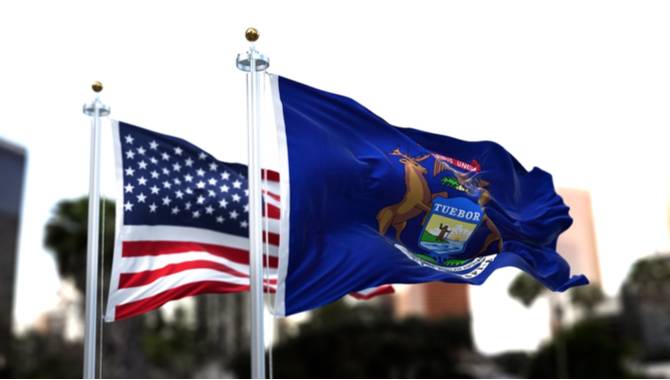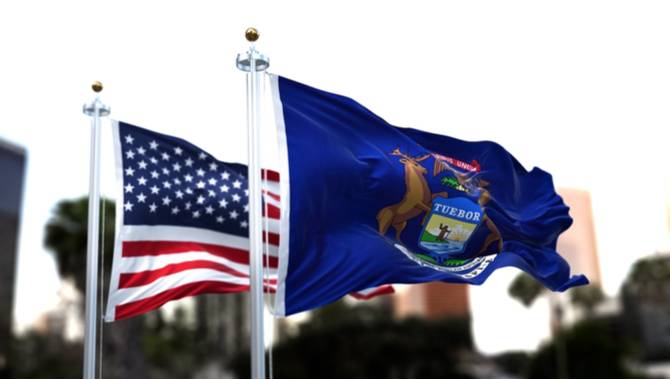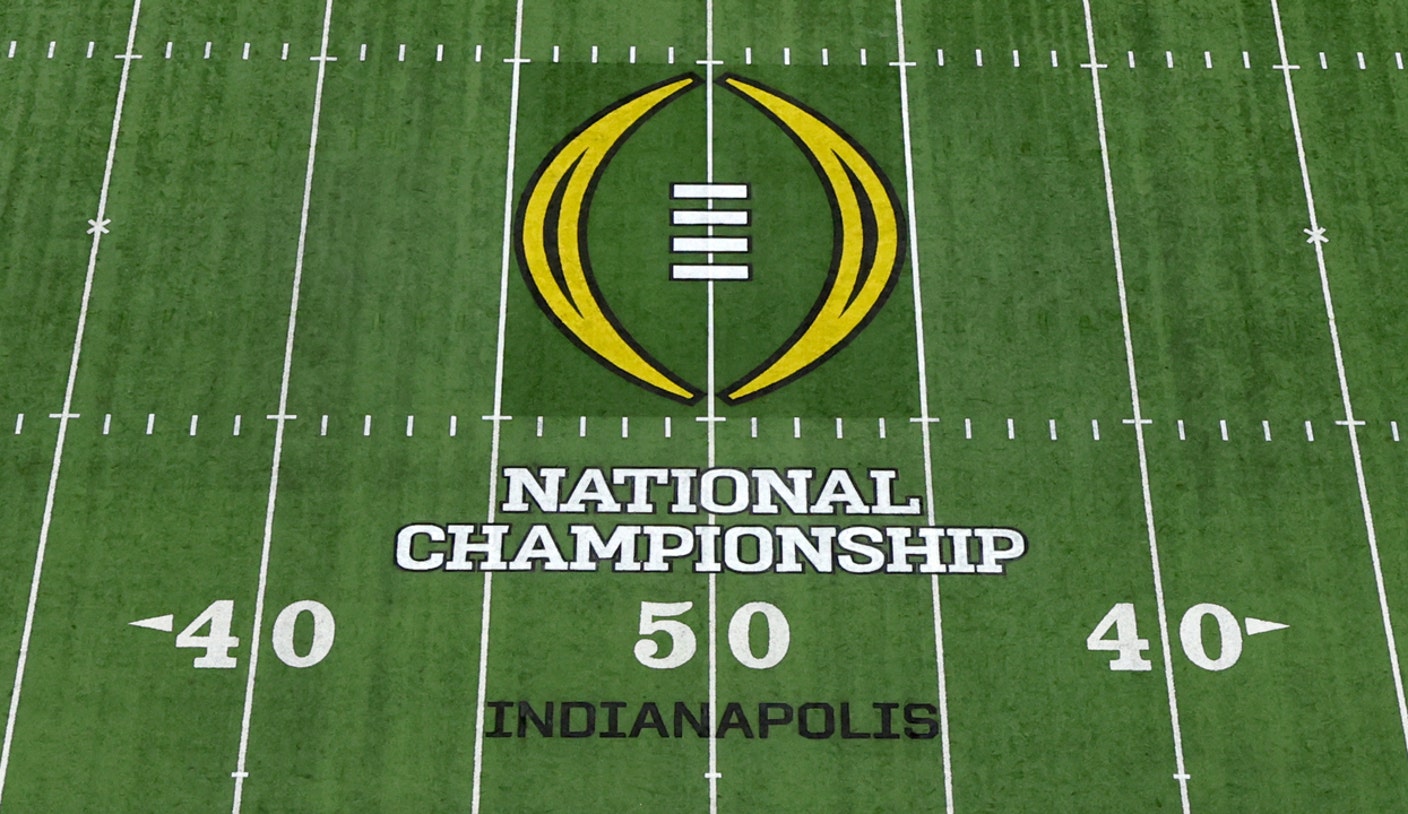
While commercial and tribal iGaming surged to new heights, online sports betting lagged behind, with handle falling by nearly 20% month-over-month.
In total, the Great Lakes State generated $145.3m in gross receipts from both internet casino gambling and online sports wagering for February, of which the latter only contributed $22.5m.
Despite the Super Bowl taking place in mid-February, handle tumbled from January’s record-setting sum to $398m.
Nevertheless, Michigan’s online sports betting operators saw considerable improvement on a year-over-year basis.
For February 2021, they accepted approximately $302m in wagers, meaning last month’s p represents an over 30% increase year-over-year.
Online casino gambling was also up by a significant margin from last year. While iGaming surpassed December’s previous $122m record, gross receipts for this segment were also up by more than 50% over February 2021.
Combined total adjusted gross receipts came to $106.61m, which includes $110.56m from internet casino gaming minus a $3.95m loss for online sports betting.
Operators submitted $22m in taxes and payments to the State of Michigan. Broken down, $21.6m was paid in iGaming taxes and fees, while $360,354 came from online sports betting taxes and fees. Tribal operators reported making $2.3m in payments to governing bodies.
Detroit’s casinos, meanwhile, paid $6m in internet gaming taxes and fees, and $221,194 in online sports betting taxes and fees.
For the first two months of 2022, internet gaming adjusted gross receipts totalled $219.7m, while aggregate internet sports betting adjusted gross receipts were $15.2m.



